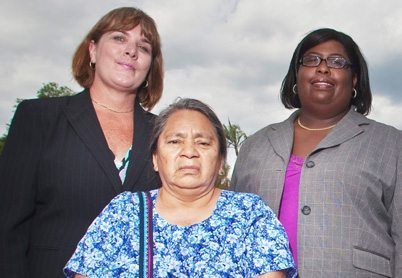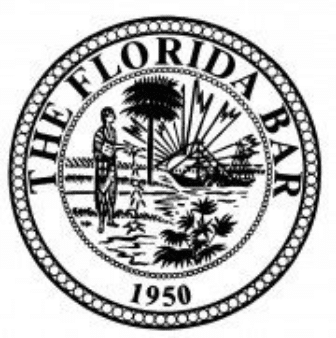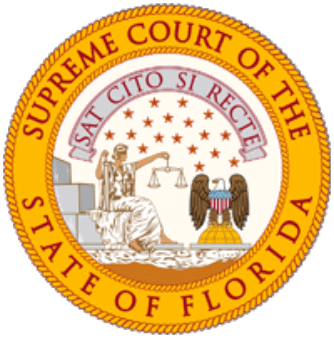
Lake Worth resident Elena Diego had heard her mother’s stories of armed men entering people’s homes at night, unannounced, and suddenly forcing them out onto the street during Guatemala’s civil war. Such a thing, she thought, would never happen in America — until it happened to her.
According to federal court documents, Diego testified that she was cooking dinner in her rented apartment the evening of March 8, 2006, when Lake Worth police and code enforcement officers pounded on her door, burst into her home and started taking pictures.
Announcements made through a police car loudspeaker threatened the arrest of anyone remaining in the building after 30 minutes. In the building’s parking lot, Diego, her husband and five children found themselves among more than 100 neighbors, also Guatemalans and many of them children. Diego and her family spent the next three weeks sleeping on her sister’s living room floor.
It didn’t take long for attorneys Lisa Carmona of the Florida Equal Justice Center and Tequisha Myles of the Legal Aid Society of Palm Beach County to figure out that the raid at Diego’s complex was part of a systematic, selective code enforcement targeting Guatemalans in Lake Worth.
“We heard from other advocates that this wasn’t the first time something like this had happened in the Guatemalan community,” Carmona said.
“In another case a single mother with four kids was subjected to a surprise inspection and give 24hours to vacate.”
Carmona said depositions from city police and code enforcement officers revealed that when invited into a home to take a crime victim’s report, police would scan the home for code violations and refer their findings to code enforcement, a practice they admitted they did not engage in when responding to calls in the homes of white residents. The legal aid advocates then hired an expert to conduct GIS mapping of police referrals to code enforcement, and of overall code enforcement inspections.
The results, Carmona said, showed a pattern of discrimination against Latinos, particularly those of Guatemalan Mayan origin. The Florida Equal Justice Center, which represents low-income immigrants, along with the Legal Aid Society of Palm Beach County and Florida Legal Services, filed a lawsuit on behalf of eight Guatemalans who were evicted from their homes in Lake Worth along with their children or grandchildren.
The complaint alleged several violations of the plaintiffs’ constitutional rights and federal fair housing laws, including that the buildings were habitable and did not require immediate condemnation. It also alleged that many of the code violations could have been immediately remedied, in some cases as simply as by moving propane grills or furniture.
Plaintiffs further alleged they were not given prior notice or told of their right to a hearing. Finally, the complaint claimed that the city’s code enforcement policies had specifically targeted Guatemalan immigrants.
Carmona, the lead attorney, and Myles worked together on the case with Charles Elsesser of Florida Legal Services and Peter Sleasman of Florida Institutional Legal Services.
The case resulted in a settlement agreement in which the city of Lake Worth agreed to change the way it enforced codes. The settlement bans night-time inspections except where there is ample evidence one is necessary and appropriate. It also provides that evacuated residents be given a written notice of their right to challenge the evacuation order and given an opportunity for a hearing. Finally, in the event of an emergency evacuation, it requires that displaced residents be provided information about social services agencies that might be able to assist them.
Additional steps taken by Lake Worth officials pursuant to the settlement were: to discontinue the use of police officers in code enforcement; hire a new code enforcement director; and provide space and support for the Lake Worth Service Center, which offers immigrants access to community services. The case also resulted in a cash settlement of $195,000, out of which each of the eight plaintiffs received $21,000.
The $27,000 that went to plaintiffs’ attorneys’ fees was slightly less than the cost of litigation, including depositions, interpreters, GIS mapping and the fees of a code enforcement expert.
“Our clients were all mothers, and for them this wasn’t so much about the money as it was about peace of mind,” Carmona said. “It was really important that they knew, and that their kids knew, that they could continue to live in Lake Worth and that this would never happen to them again.”
For their collaborative project, the Florida Equal Justice Center, the Legal Aid Society of Palm Beach County and Florida Institutional Legal Services received The Florida Bar Foundation’s 2010 Steven M. Goldstein Award for Excellence.
The biannual award recognizes a project of significant impact work undertaken by a Legal Assistance for the Poor (LAP) general support grantee. All three organizations are grantees of the Foundation’s LAP grant program. The Goldstein award includes a $25,000 general support grant and a $3,000 staff training grant to be shared by the programs.
The award was presented at the Foundation’s 34th Annual Reception and Dinner in 2010. Runners up were Gulfcoast Legal Services and the Florida Legal Services Migrant Farmworker Justice Project.




